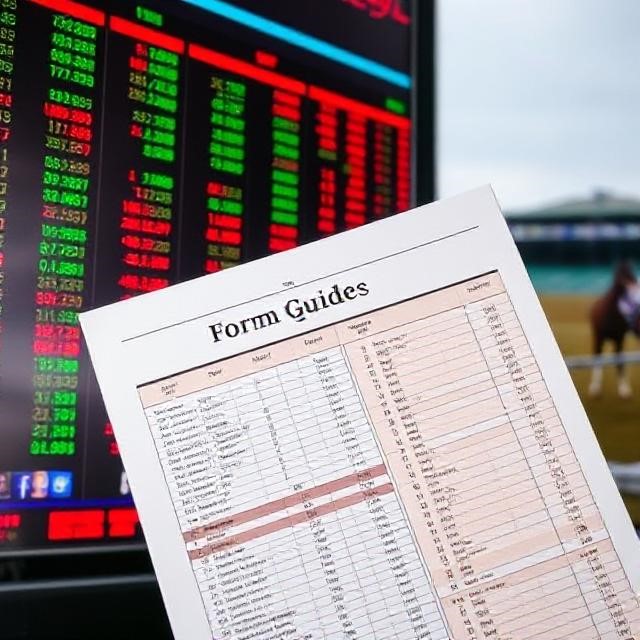Share Trading vs. Gambling: Understanding the Key Differences
In conversations about finance, one question often arises: is share trading just another form of gambling? On the surface, both activities involve money at risk, uncertainty, and the hope of financial gain. Yet beneath that similarity lies a vast difference in structure, purpose, and long-term outcomes. To understand why share trading is distinct from gambling, it is important to examine how each activity functions, what drives the results, and what makes investing in shares unique.
The Nature of Share Trading
Share trading refers to buying and selling ownership stakes in publicly listed companies. When you purchase a share, you own a piece of that business. This ownership comes with rights—such as voting on corporate matters and, in many cases, receiving dividends. More importantly, the value of the share is tied to the company’s performance, its future prospects, and broader economic factors.
For example, consider an investor who buys shares in Apple. Their decision might be based on the company’s financial reports, its history of innovation, or expectations about the growing demand for iPhones. The value of Apple’s shares will fluctuate with sales performance, market conditions, and global economic trends. The investor is not merely wagering on random chance but making a judgment grounded in data, strategy, and analysis.
The Nature of Share Trading
By contrast, gambling is defined by games of chance where odds are usually fixed and stacked against the player. When you place a bet on roulette, spin a slot machine, or wager on a horse race, the outcome is largely beyond your control. While some gambling activities involve a degree of skill such as sports betting, the dominant factor remains luck.
For instance, in a lottery, the probability of winning is predetermined and exceptionally low. No amount of analysis or strategy can change the fundamental odds. Unlike share trading, gambling rarely creates value; money is transferred from losers to winners, with the “house” ( operator) always taking a guaranteed share.
Risk vs. Reward Structures
One of the clearest distinctions between share trading and gambling lies in the risk-reward structure. In gambling, the odds are often negative-sum—over time, the average participant loses money. Cas-inos thrive because the mathematics ensure that the longer someone plays, the more likely they are to lose.
Share trading, on the other hand, can be positive-sum. While individual stocks may fall, over the long run, well-diversified portfolios tend to grow in value because they are tied to the expansion of real businesses, productivity, and global economic growth. For example, historically, broad market indexes like the S&P 500 have delivered average annual returns of around 8–10% over decades, even after accounting for short-term downturns. This potential for sustained wealth creation is unique to investing.
The Role of Strategy and Information
Another difference is the role of information and strategy. Share trading rewards informed decision-making. Investors study financial statements, analyze market trends, and consider economic conditions before making choices. Tools like fundamental analysis (studying company health) and technical analysis (examining price patterns) allow traders to develop informed strategies.
Gambling, by contrast, generally offers little scope for strategy. No amount of studying past roulette spins will change the probability of the next spin. While professional gamblers may develop systems to manage risk, they cannot alter the house edge embedded in the game.
Long-Term Outcomes
The time horizon further separates the two. Gambling outcomes are typically immediate and final—you win or lose on the spot. Share trading, however, allows for long-term compounding. An investor who reinvests dividends and holds shares for decades benefits from compound growth. Consider Warren Buffett: his wealth was built not on quick bets but on patient ownership of businesses that steadily grew over time.
Conclusion: Why Share Trading Is Unique
While both gambling and share trading involve uncertainty and the potential for loss, the resemblance ends there. Gambling is primarily based on luck, often structured so that the average player loses over time. Share trading, by contrast, is rooted in ownership of productive assets, where knowledge, patience, and strategy can tilt the odds in the investor’s favor.
The uniqueness of share trading lies in its connection to real economic activity. By investing in shares, individuals contribute to the growth of businesses that create jobs, develop technologies, and generate value in society. Rather than a zero-sum bet, share trading—when done responsibly—becomes a tool for wealth creation, economic participation, and long-term financial security.
In short, while gambling is a wager against probability, share trading is an informed partnership with enterprise.









Leave a Reply